This website uses cookies to ensure you get the best experience on our website. Terms of Use.
Accept CookiesFor better user experience, please use another browser.
Mahé and Aldabra Atoll, Seychelles, Southern Africa
Aldabra Atoll:
• Aldabra Atoll UNESCO World Heritage site (WDPA ID: 5004)
• Aldabra Atoll Special Reserve (DPA ID: 1342)
• Ramsar Site, Wetland of International Importance (WDPA ID: 555542730)
• BirdLife Important Bird Area (IBA, 2001, ID: SC020)
• Indian Ocean South East Asia (IOSEA) Site of Importance for Marine Turtles (designated 2014, 10th site to be listed)
• International Marine Mammal Area (IMMA, 2020)
Enhance the management and governance of priority protected areas by addressing existing limitations.
The priority actions are two-fold:
1) establish comprehensive biosecurity and quarantine measures (priority action 1),
2) Develop a rapid-response plan for eventual arrivals of invasive species (priority action 2).
Activity 1: Establish dedicated biosecurity officer positions in both sites (Mahé, Aldabra) to implement the Aldabra biosecurity plan.
Activity 2: Strengthen quarantine facilities and procedures on Mahé and to Aldabra and biosecure air and sea transportation by modernizing and containerizing all supplies.
Activity 3: Finalize surveillance plans & emergency response protocols including implementation of emergency response plan.
Activity 4: Maintain and increase institutional capacity with training, including adapting local and international best practices.
The project enables Seychelles Islands Foundation (SIF) to further strengthen its biosecurity measures to securing Aldabra’s status of being the largest atoll in the world without any alien avian fauna. Maintaining and continuously increasing institutional capacity is a fundamental and never-ending task, as much as implementing biosecurity measures and nature conservation management is an ongoing effort. There is always more that can be done, especially to prevent invasive alien species incursions in today’s world of globalisation with perpetually increasing invasive alien species numbers and abundance. On a much larger scale, the example of the coronavirus illustrates how easily unwanted organisms are transported and spread, despite extensive containment efforts. Similar problems exist with invasive alien species, being one of the most important drivers of biodiversity loss on islands. The proposed action will support SIF’s determination to ensure the greatest possible protection of Aldabra’s native flora and fauna as well as to maintain one of the world’s least impacted areas by humans, especially in a world where native species and biodiversity hotspots are in severe decline.
Specific change will include all cargo outbound to Aldabra will be fully biosecure packed and no high-risk species travel to Aldabra. This will lay the groundwork for future invasive alien species eradications to take place which will result in outstanding scientific research opportunities to study the significant ecological changes following such an eradication. Biosecurity reports for each transport will be provided. Operational surveillance and response plans will be implemented.
Highly trained committed staff on both sites and continuous strengthening of biosecurity knowledge of new recruits will be developed.
Download the project infofiche
Seychelles Islands Foundation (SIF)




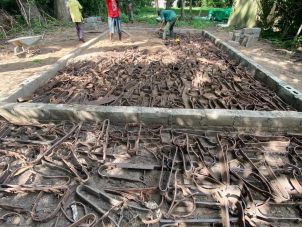
Southern Africa
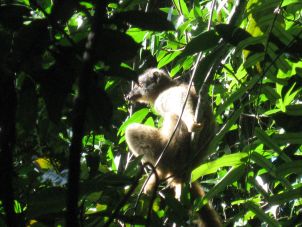 01 April 2021 – 31 March 2022
01 April 2021 – 31 March 2022
Southern Africa
 January 1, 2021 - June 30, 2021
January 1, 2021 - June 30, 2021
Southern Africa
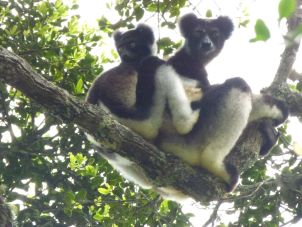 December 1, 2020 - November 30, 2021
December 1, 2020 - November 30, 2021
Southern Africa
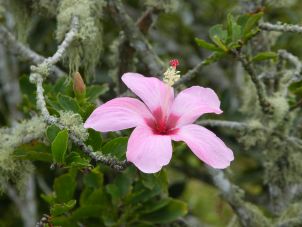 December 1, 2020 - November 30, 2021
December 1, 2020 - November 30, 2021
Southern Africa
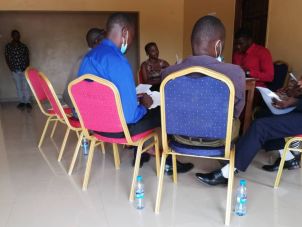 November 1, 2020 - April 30, 2023
November 1, 2020 - April 30, 2023
Southern Africa
Southern Africa
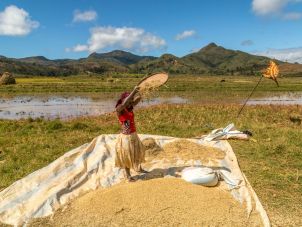 August 01, 2020 - July 31, 2023
August 01, 2020 - July 31, 2023
Southern Africa
